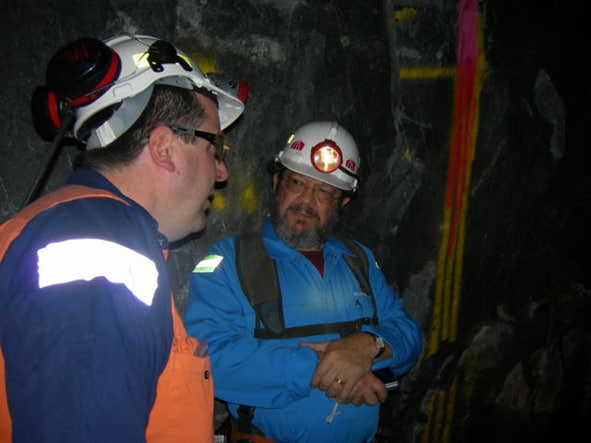The mass media is full of reports on legal action being taken on behalf of shareholders in BP over the continuing oil spill from the former Deepwater oil rig in the Gulf of Mexico.
An Australian video report was broadcast on 25 May 2010 and a composite article has appeared in The Australian on 26 May 2010 as well as elsewhere. Many outlets are mentioning the law suit (Southeastern Pennsylvania Transportation Authority and Robert Freedman v Anthony B Hayward et al, Court of Chancery for the state of Delaware, No. 5511) but no details of the suit are publicly available at the moment.
Although safety is mentioned as one of the bases for the suit, it is likely that environmental impact will get prominence over occupational safety and that impact on stock value will be of the most concern. The shareholder outrage mentioned in some of the articles seems to focus mostly on the financial impact on BP share value rather than any moral outrage on environmental impact or dead and injured workers.
BP CEO Anthony Hayward has acknowledged the substantial “reputational risk” but his comments are almost always reported surrounded by financial bad news. Continue reading ““We will trust but we will verify” – upcoming lessons from the Gulf of Mexico”

